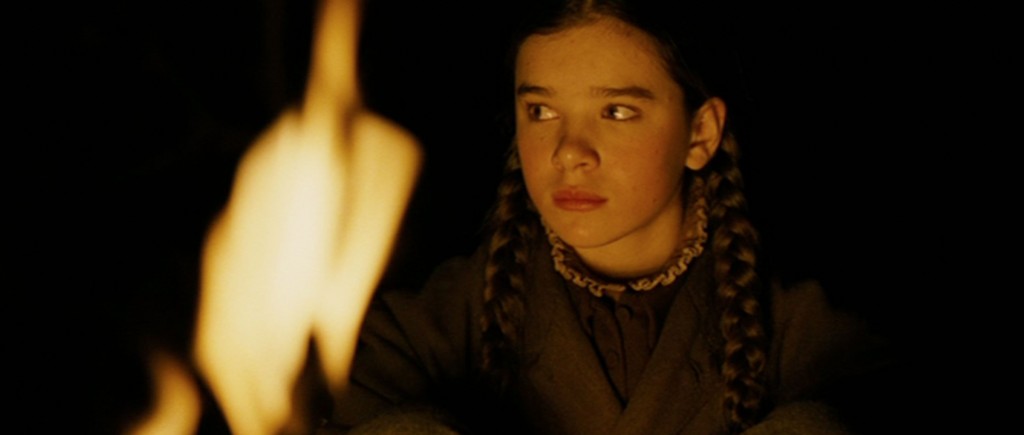True Grit part 5
Every serious Western, from Stagecoach to Unforgiven, asks the question “What kind of a nation are we?” The genre is, of course, ideally suited to this. It’s the first genre to be invented in the US, and it speaks most purely to the “soul,” as it were, of America. In the Western, the nation is still new, the frontier is open, it’s all up for grabs, and things aren’t yet settled. The genre can, and does, say many different things about the US. A Western can laud American ideals, it can mourn the closing of the frontier, it can stand up for law and order, it can protest against tyranny, it can champion the little guy, it can indict mob mentality, it can celebrity individuality, it can condemn genocide, it can explore race relations. Americans watch Westerns, I think, in order to learn about who they are. The Old West is a land where everything is still possible.
(What the Western says depends, of course, on who is doing the telling and what they’re trying to say about the time in which they’re making their movie. High Noon isn’t about the Old West, it’s about McCarthyism.)
